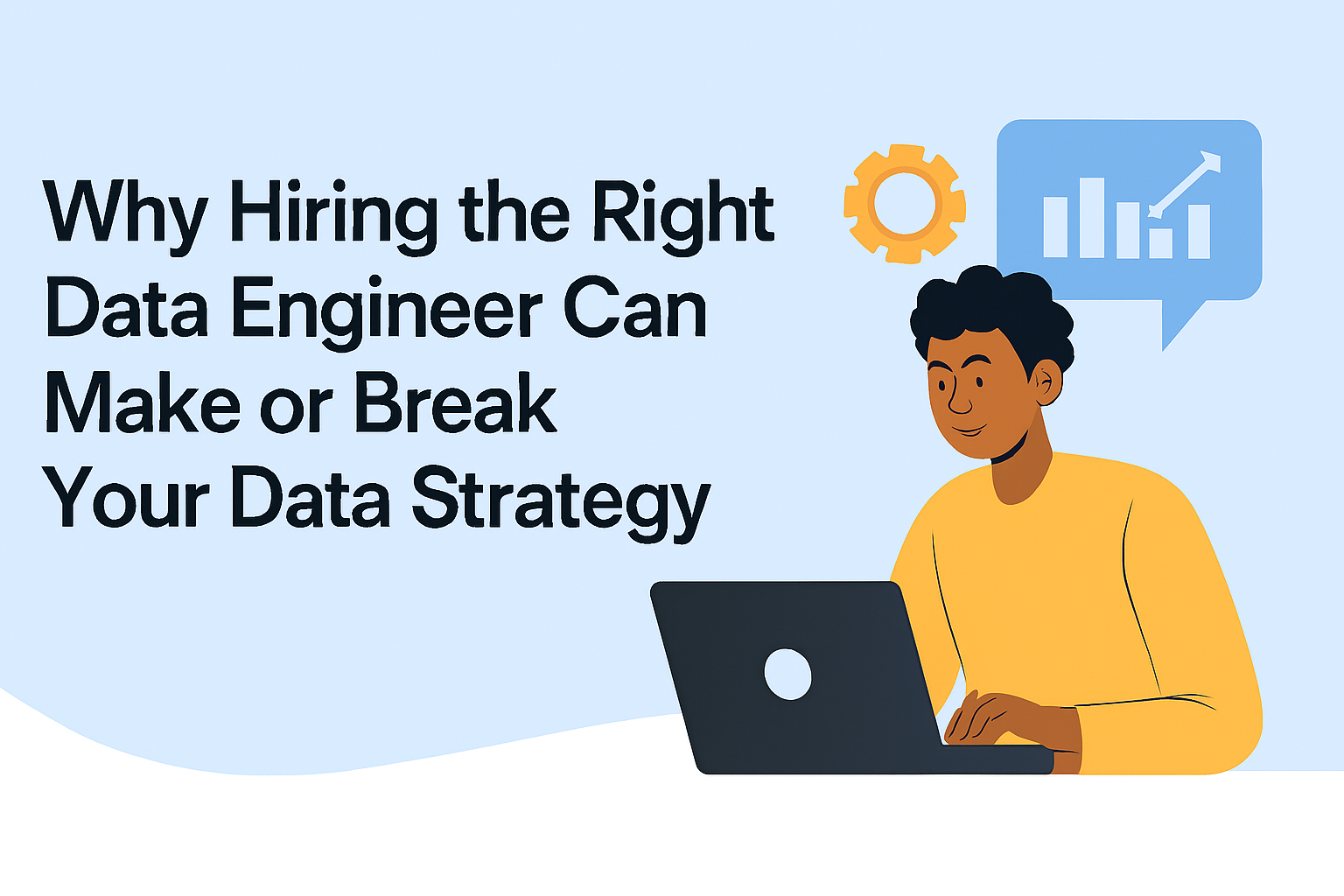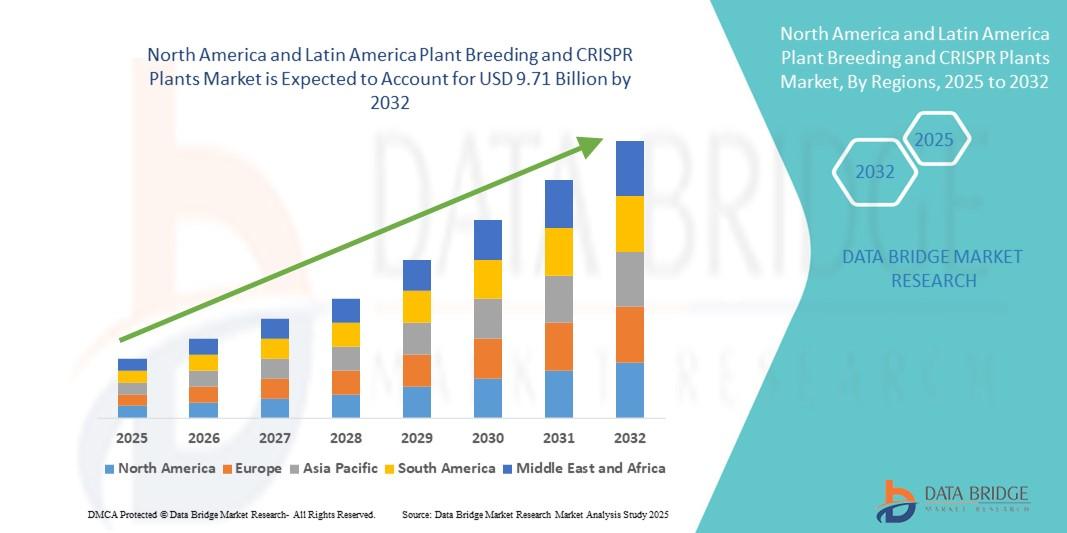Why Hiring the Right Data Engineer Can Make or Break Your Data Strategy

In today’s data-driven economy, businesses are investing heavily in data strategy consulting services to unlock the full potential of their information assets. Yet, many fail to realize that the success of these strategies hinges on one key decision: who you hire to build and maintain your data infrastructure. To truly capitalize on data, organizations must hire data engineers who possess not only technical expertise but also strategic vision.
The Role of Data Engineers in Modern Enterprises
Data engineers are the architects of your data ecosystem. They design, build, and maintain the pipelines that move data from disparate sources into centralized repositories like data warehouses or lakes. Their work ensures that data is clean, accessible, and ready for analysis.
Key responsibilities include:
-
Building scalable ETL/ELT pipelines
-
Integrating data from multiple sources
-
Ensuring data quality and governance
-
Collaborating with analysts and data scientists
-
Optimizing infrastructure for performance and cost
Without skilled data engineers, even the best data strategy consultants will struggle to implement actionable solutions.
Why the Right Hire Matters
Hiring the wrong data engineer can derail your entire data strategy. Poorly designed pipelines lead to unreliable data, which in turn undermines analytics and decision-making. According to McKinsey, 77% of companies report lacking the necessary data talent to execute mission-critical tasks.
Common consequences of a bad hire include:
-
Data silos and fragmentation
-
Inaccurate reporting and insights
-
Security vulnerabilities
-
High operational costs due to inefficiencies
On the flip side, hiring the right engineer can accelerate innovation, improve data accessibility, and drive strategic growth.
What to Look for When You Hire Data Engineers
To avoid costly mistakes, companies should prioritize both technical and soft skills when hiring.
Technical Skills
-
Proficiency in Python, SQL, and Java
-
Experience with big data tools like Spark, Kafka, and Hadoop
-
Familiarity with cloud platforms (AWS, Azure, GCP)
-
Knowledge of data warehousing solutions (Snowflake, Redshift, BigQuery)
Soft Skills
-
Strong problem-solving abilities
-
Clear communication across technical and non-technical teams
-
Adaptability in fast-changing environments
Top data engineering service companies often vet candidates for these competencies before placing them with clients.
When to Hire vs. Outsource
Not every organization needs a full-time data engineering team. For startups or companies with short-term projects, hiring data engineers from top data engineering services firm can be a smart move. These firms offer pre-vetted talent and scalable solutions tailored to your needs.
Benefits of outsourcing:
-
Access to specialized expertise
-
Faster deployment
-
Lower upfront costs
-
Flexibility in scaling resources
However, for long-term strategic initiatives, building an in-house team may offer better alignment with business goals.
Aligning Data Engineering with Business Strategy
A common pitfall is treating data engineering as a purely technical function. In reality, it must be tightly integrated with business objectives. Top data strategy consultants emphasize the importance of cross-functional collaboration between data engineers, analysts, and business leaders.
To ensure alignment:
-
Involve data engineers early in strategic planning
-
Define clear KPIs tied to business outcomes
-
Encourage ongoing communication between teams
Avoiding Common Hiring Mistakes
Many companies rush the hiring process or focus too narrowly on credentials. Here are some mistakes to avoid:
-
Overemphasis on academic background instead of real-world experience
-
Ignoring cloud expertise, which is essential for modern data stacks
-
Neglecting cultural fit, which affects team dynamics and retention
Instead, use structured interviews, technical assessments, and trial projects to evaluate candidates thoroughly.
The Future of Data Engineering
As AI and machine learning become mainstream, the role of data engineers is evolving. They’re increasingly responsible for enabling real-time analytics, supporting model deployment, and ensuring data compliance. This makes hiring even more critical.
Emerging trends include:
-
Real-time data streaming
-
DataOps and automation
-
Integration with AI/ML workflows
-
Focus on data governance and ethics
Organizations that invest in top-tier data engineering talent will be better positioned to adapt and thrive.
Final Thoughts
To build a resilient and scalable data strategy, you must hire data engineers who are not just coders but strategic partners. Whether you’re working with top data engineering service companies or building your own team, the quality of your hires will directly impact your ability to turn data into actionable insights.
Don’t let poor hiring decisions sabotage your data ambitions. Invest wisely, and your data strategy will become a powerful engine for growth.








